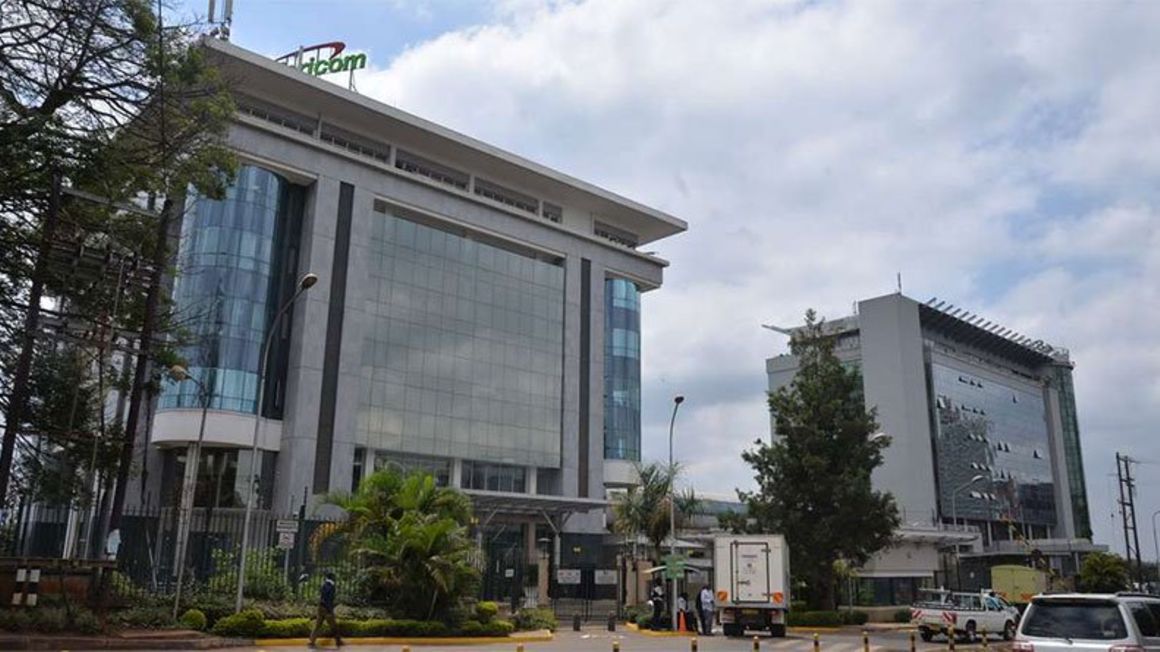
Safaricom headquarters in Nairobi. FILE PHOTO | NMG
Summary
- Communications Authority (CA) latest industry report shows that the Safaricom had 207,398 subscribers in the period under review while the Wananchi-owned Zuku had 201,605 or 32.5 percent of the market.
- This is this second time that Safaricom has topped the fixed internet connections to homes and offices since it entered the market in 2017.
- Safaricom first took the top spot in the market in the three months to last September to hit 34 percent but Zuku reclaimed dominance in the three months to December.
Safaricom’s share of the fixed internet connections rose to 33.5 percent in the three months to June, reclaiming control of the market from Zuku on increased demand for data as Kenyans stayed at home in the wake of the coronavirus pandemic.
Communications Authority (CA) latest industry report shows that the Safaricom had 207,398 subscribers in the period under review while the Wananchi-owned Zuku had 201,605 or 32.5 percent of the market.
This is this second time that Safaricom has topped the fixed internet connections to homes and offices since it entered the market in 2017.
Safaricom first took the top spot in the market in the three months to last September to hit 34 percent but Zuku reclaimed dominance in the three months to December.
This comes at a time Safaricom has ramped up investments in the business segment amid the Covid-19 restrictions that increased demand for internet as employees worked from home and learning institutions adopted online learning.
“The number of data/internet subscriptions continued to grow due to increased demand for access to information online, coupled with transfer of more services to the digital space,” CA says in the report.
“With the Covid-19 pandemic, many consumers continue adopt video-conferencing services as they work from home, access online entertainment and streaming Video-on-Demand services.”
In the period under review, the number of fixed internet connections grew 14.53 percent to 619,579 from 540,946 connections in March as telcos increased investment to match the increasing demand.
Safaricom had earlier said that the Covid-19 restrictions imposed in March after Kenya recorded the first infection led to a traffic surge for its data services as customers stayed at home taking solace in online movies and social media.
Safaricom chief executive Peter Ndegwa in April said the combined data carried on a daily basis via mobile and fixed home internet had reached 2.34 Petabytes, translating to five million hours of continuous viewing.
Mr Ndegwa added the telco was providing double bandwidth which enabled users to access high speed internet at half the price as a way of supporting the government’s call on Kenyans to work from home.
The telco has been locked in a price war for market share growth with Zuku on rising demand for fibre-based internet for people working from home and households opting for internet-based television.
Jamii Telecommunications, the third biggest provider of fixed internet connections had 118,493 connections or 19.1 percent of the market in the period under review.





No comments :
Post a Comment